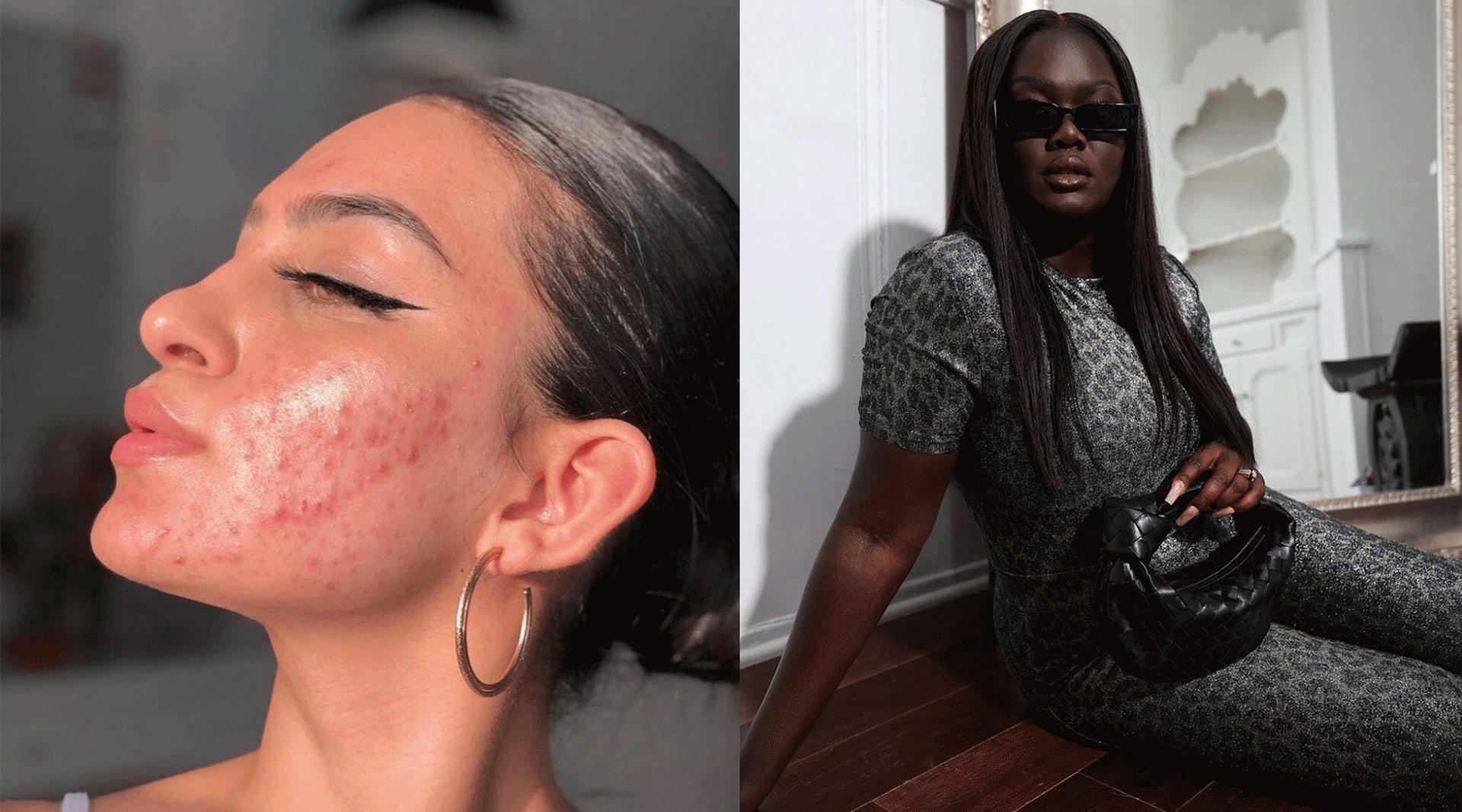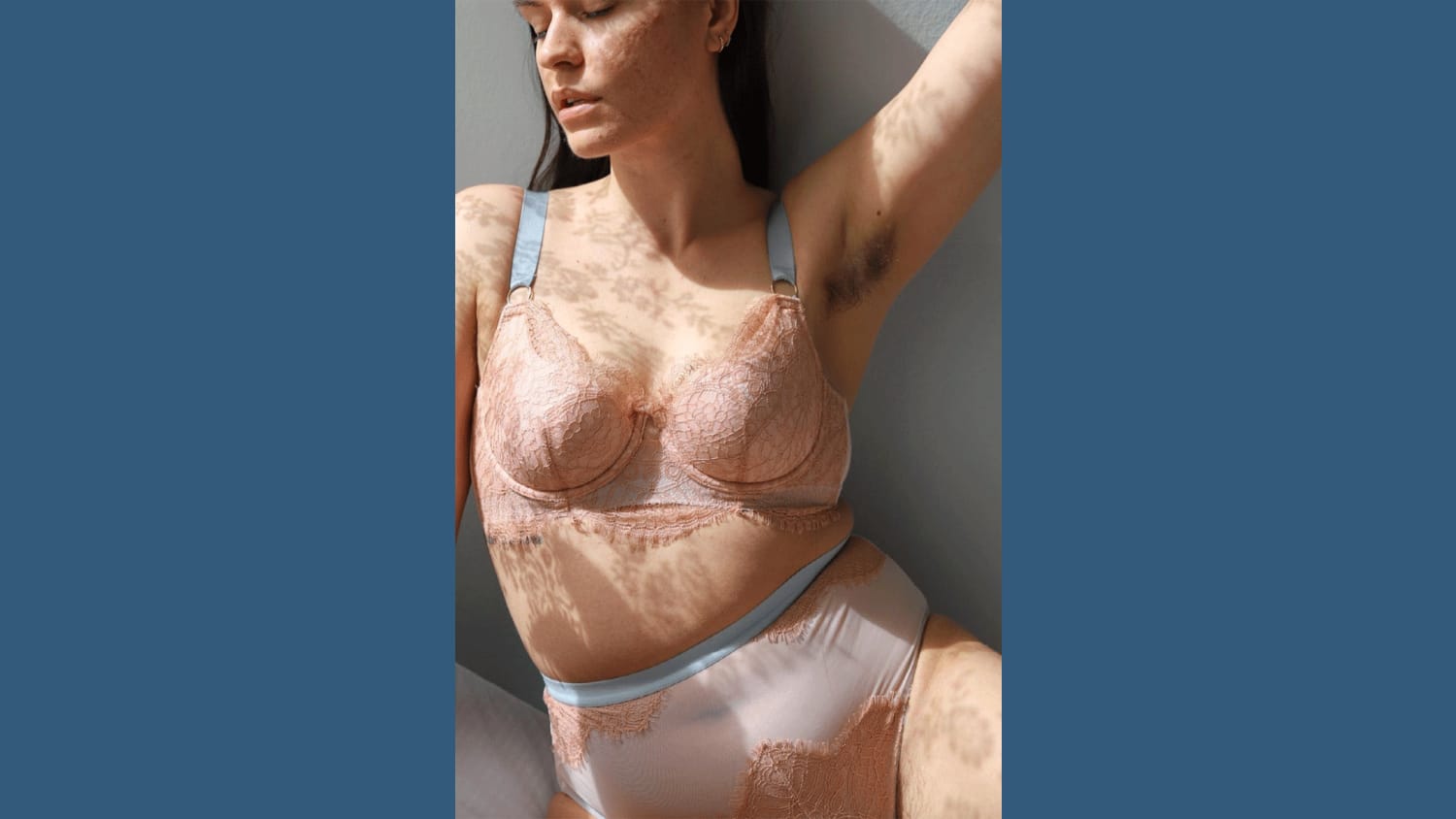Over the past few years, a rallying cry for a widening of beauty ideals has been sweeping the beauty industry. From gender identity and age inclusivity to skin color and condition, consumers have been calling on brands to update the products they sell and who they sell them to. Brands are heeding the call, from indie marketplaces to mass retailers like Sephora and Ulta, who both pledged in February 2021 to double the number of Black-owned brands on their shelves by the end of year.
Neutrogena unveiled a new brand mission “for people with skin” In April 2021. The 91-year-old beauty brand’s refreshed purpose is meant to combat inequality in skincare as it pertains to socioeconomic status, race, ethnicity, and access to health care. “We want to be there for all skin, and all people,” said Kerry Sullivan, general manager of Neutrogena.
Vaseline is working to make dermatology and skincare more equitable. The brand partnered with Black Entertainment Television (BET) in March 2021 to promote its “Equitable Skin for All” campaign, first launched in November 2020. The campaign focuses on three key areas to promote equality in skincare: education for skincare professionals to better treat, diagnose and care for skin of color; resources that connect consumers with medical professionals who specifically understand their cultural, physical, and mental health needs; and facilitating access to care through a network of nonprofit health centers and clinics that provide affordable, comprehensive, and culturally competent services to those who need it most.





